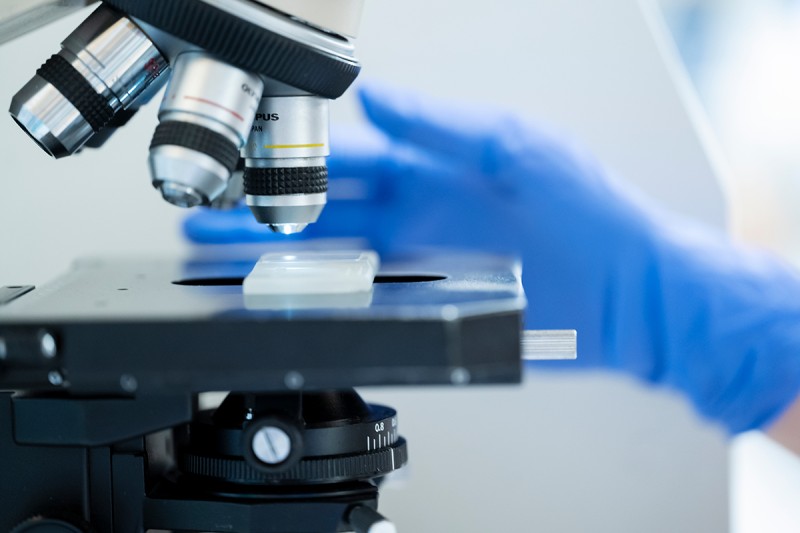
New research from Memorial Sloan Kettering Cancer Center (MSK) and the Sloan Kettering Institute — MSK’s experimental research arm — suggests a therapeutic strategy to overcome resistance to PRMT5 inhibition in lymphoma; finds safety and clinical benefit using an engineered adenovirus in combination with immunotherapy against PD-1-resistant melanoma; and uncovers a new type of immune cell that plays a key role in establishing a healthy gut microbiome.
Overcoming resistance to PRMT5 inhibition in lymphoma
Protein arginine methyltransferase-5 (PRMT5) plays a key role in lymphoma, and several selective inhibitors of PRMT5 are in clinical trials. A new study — led by senior authors Michael G. Kharas, a cancer biologist at the Sloan Kettering Institute, and Anas Younes, formerly of MSK, who now heads AstraZeneca’s hematology research and development unit — undertook a genome-wide CRISPR/Cas9 screen, uncovering evidence for a new therapeutic strategy to overcome resistance to PRMT5 inhibition by combining PRMT5 inhibitors with inhibitors of the RNA-binding protein MUSASHI2 (MSI2) or of the cell-death-regulating protein B-cell lymphoma 2 (BCL-2). Learn more in Nature Communications.
Pilot study shows safety, benefit against PD-1-resistant melanoma
A pilot study showed that ONCOS-102, an engineered adenovirus immune stimulant directly injected into cancer cells, plus pembrolizumab (Keytruda®), benefited some patients with melanoma resistant to PD-1 immune checkpoint inhibitors. Led by MSK medical oncologist Alexander Shoushtari, the 21-patient trial to establish safety found the combination treatment was generally well tolerated and showed clinical benefit — including the shrinking or disappearance of tumors in 7 of 20 patients. Additionally, 8 of 15 patients also saw some degree of shrinkage in visible but non-injected tumors. The findings support further investigation in a larger population of patients with longer follow-up, the authors write. Read more in Clinical Cancer Research.
Newly discovered immune cells shed light on formation of healthy relationship with gut bacteria
A newly discovered class of immune cell — Thetis cells — plays a key role in establishing a harmonious relationship between infants and the helpful microbes in their digestive systems, according to findings from the labs of MSK physician-scientist Chrysothemis Brown and Alexander Rudensky, Chair of the Immunology Program at the Sloan Kettering Institute. These RORγt+ antigen-presenting cells instruct regulatory T cell differentiation and tolerance to commensal gut microbes. The work also raises the possibility of roles for Thetis cells in tolerance to other types of foreign antigens, as well as self-antigens, which could be important for cancer immune responses. Read more in Nature.